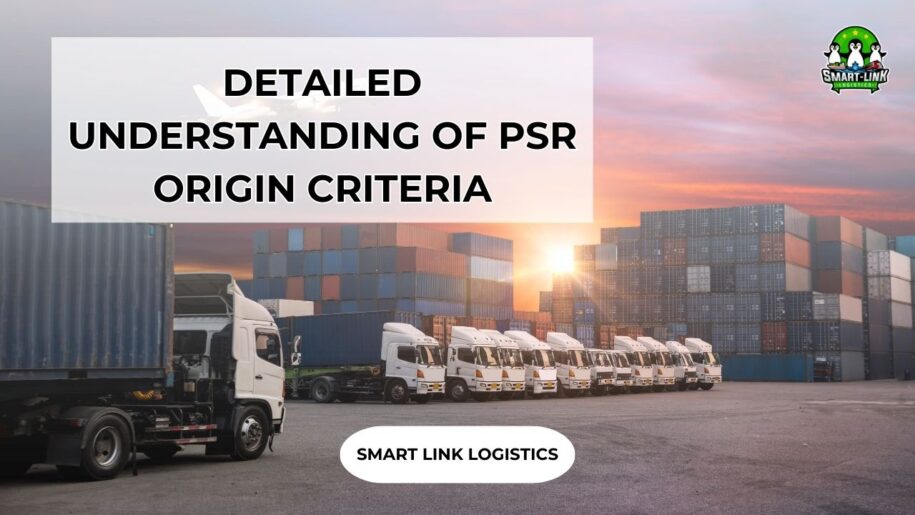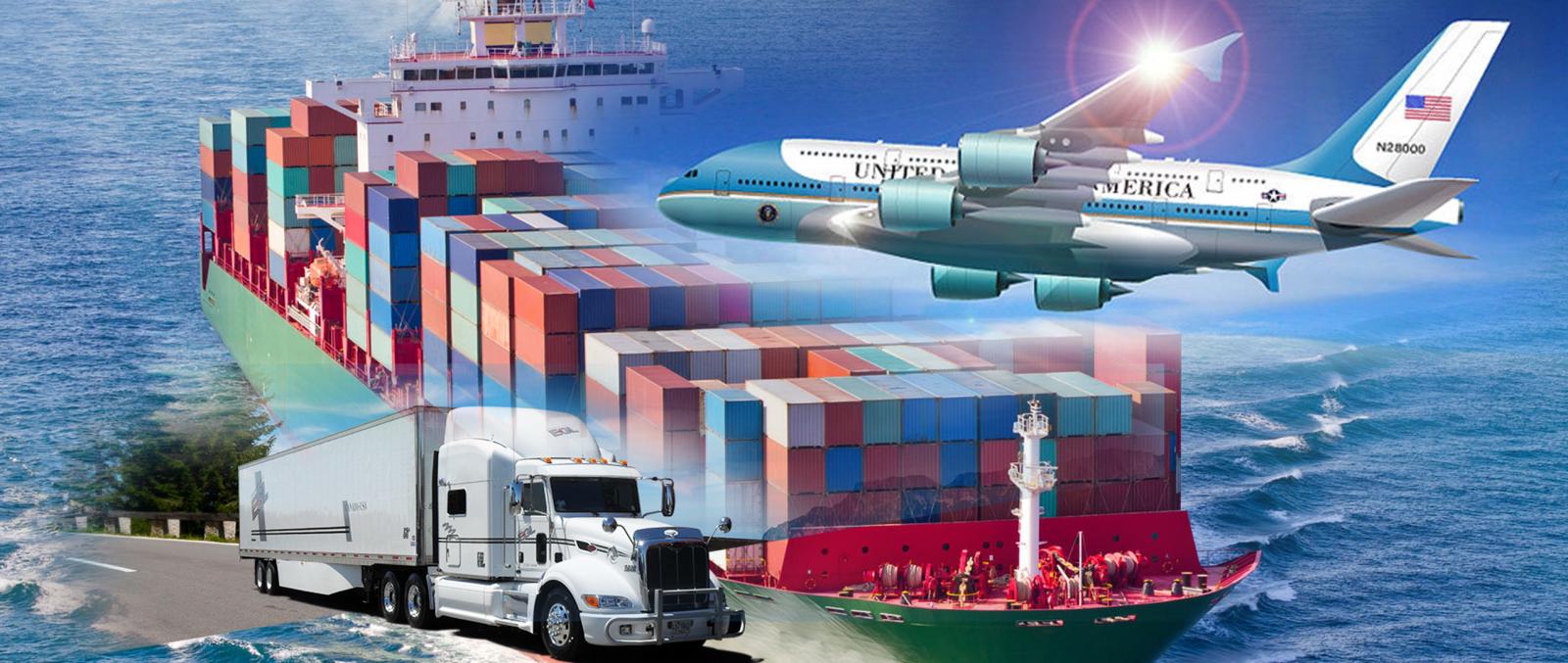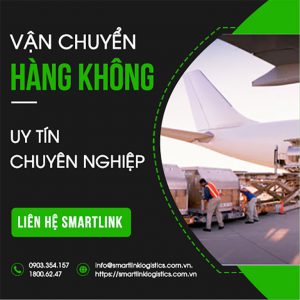
DETAILED UNDERSTANDING OF PSR ORIGIN CRITERIA
Regulations on origin include both origin criteria and procedures related to determining the origin of goods. Origin criteria specify the conditions or requirements necessary for a product to be considered ‘originating’ from a specific country. Origin procedures outline the steps and actions needed when applying preferential tariffs. Among the various origin criteria, the PSR origin criteria, abbreviated as “Product Specific Rules,” is essential.
What is the PSR Origin Criteria?
PSR (Product Specific Rules) origin criteria play a significant role in international trade. Given the different purposes and importance of goods’ origin, customs authorities worldwide must effectively enforce origin rules. The World Customs Organization (WCO) provides necessary support through its Guidelines on Certification of Origin. These guidelines help WCO Members establish, develop, and manage origin procedures effectively.

Although there is currently no clear and effective international standard for defining proof of origin and related procedures, the WTO’s Agreement on Rules of Origin does not provide procedural guidance. The Kyoto Convention has attempted to address some of these issues but is not clear enough to deal with the complexities of free trade agreements (FTA) and their procedural requirements.
In preferential trade cases, FTAs or Generalized System of Preferences (GSP) laws set forth corresponding procedural requirements that must be followed.
Detailed Understanding of PSR Origin Criteria
PSR rules apply to specific products in the list. To comply with PSR rules, materials used in the product manufacturing process must undergo a change in HS code or specific processing stages. Alternatively, the product must meet a percentage or value combination of criteria mentioned in the specific product list.
PSR rules allow importers to choose between criteria such as RVC (Regional Value Content), CTC (Change in Tariff Classification), SP (Specific Processing), or a combination to determine the origin of the product. Each member country in an FTA allows the importer to decide which criteria to apply to determine the product’s origin.
Origin Certification System
System of certification by the competent authority of the exporting country:
In this system, to obtain a certificate of origin, the exporter needs to apply for a certificate along with relevant information to prove the origin of the goods. The competent authority then usually verifies this information to ensure that the product meets the origin criteria. This may include factory visits for inspection.
- Advantages: Certificates of origin issued by a competent authority are often considered reliable because the information has been verified before issuance. They are usually required in trade preference programs like GSP and FTAs.
- Disadvantages: This system can incur some costs and application time. Additionally, waiting for verification from the competent authority may increase delivery time.
System of self-certification by the approved exporter:
In this system, the exporter issues the certificate of origin themselves once the product meets the origin criteria.
Importer-based system:
This system requires the importer to verify the origin of the goods themselves.
Regardless of the system used, previous customs decisions on origin help facilitate trade. However, holders of prior origin decisions are not exempt from providing proof of origin. The WCO’s technical guidelines on Origin Information require additional details on this matter.
We hope the information provided by Smart Link Logistics will give readers, our customers, basic knowledge and information about PSR criteria. We hope Smart Link Logistics’ information will be useful. If you need support with certification, logistics documentation, import-export, choose Smart Link Logistics.
Hotline: + 84 935 766 039 to know more about our services

If you require assistance with international import and export of goods, please contact our team at Smartlink Logistics. We are available to provide you with professional guidance on our services and the necessary customs procedures.
SMART LINK: BEST SERVICE BEST YOU


































